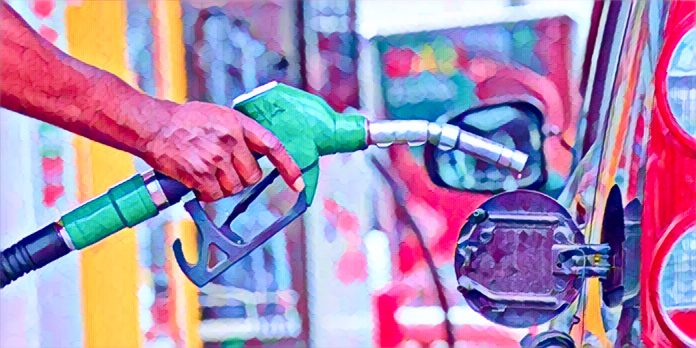KEY POINTS
- Transportation costs remain unaffordable for Nigerian citizens because the government implemented both reduced fuel prices and started CNG implementation.
- The combination of fees which transport unions enforce on drivers leads to costs which passengers cannot afford.
- Transport users together with drivers request governmental supervision and rules which would help decrease exploitation throughout the industry.
The decreases in fuel pump prices together with Compressed Natural Gas (CNG) options have failed to relieve the ongoing surge in transportation costs that Nigerians face.
Transport union members in Lagos, Ogun and Oyo states keep raising bus fares by purportedly 400% since President Bola Ahmed Tinubu became president according to passengers who complain about excessive prices.
Passengers lament fare hikes and impact on businesses
Major parks throughout the country show that travelling passengers remain dissatisfied about escalating fees since petrol prices exceeded N1200 per litre.
Commercial drivers must pay different fees every day to unions to receive booking, loading and ticket services that developers add onto transportation expenses for travelers.
Inter-city bus fares across Nigeria rose to N7,122.57 in April 2024 according to National Bureau of Statistics which is a N3,994.51 increment from the previous April 2023 fares. The bus travel cost remains on average higher despite a minor one-month reduction of 0.43% from earlier rates.
Tale of Ayinla Idris who travels to Ondo shows how vital transportation remains for Nigerian economy with special importance for businesses of small and medium size. He blamed “touts” together with uneducated individuals holding control over transport unions for hampering the efforts to make transportation more accessible.
Frustrations with transport unions and government inaction
During his attempt to mediate a discussion between commercial drivers the National Road Transport Workers (NRTW) members publicly embarrassed him.
He demanded state and federal government involvement in this sector where transport union levies from drivers strongly affect fare prices. The requirement of payment known as the sitting fee leads to increased customer expenses and additional transportation costs to drivers.
The passengers lament fare hikes, Iyinola Aderibigbe criticized the government for its ineffectual sector regulation which gave transport unions freedom to overcharge passengers while exploiting drivers. Road safety faces risks because transport operators force excessive passenger loading into vehicles to generate enhanced income.
Calls for urgent intervention and regulation
Driver Adediwura Kazeem spoke for numerous transport workers when he pointed out how drivers suffer from union and additional intermediary groups’ continuous financial abuse.
He demanded governmental oversight in the commercial transport industry to protect the common people from pay depletions by transport union executives while their drivers receive inadequate returns for their labor.



